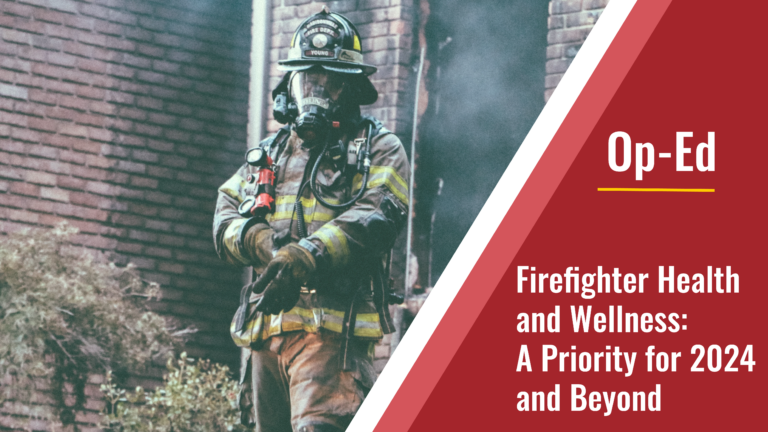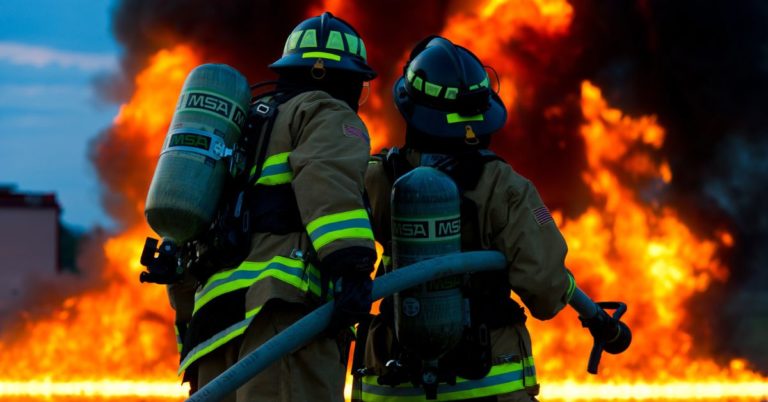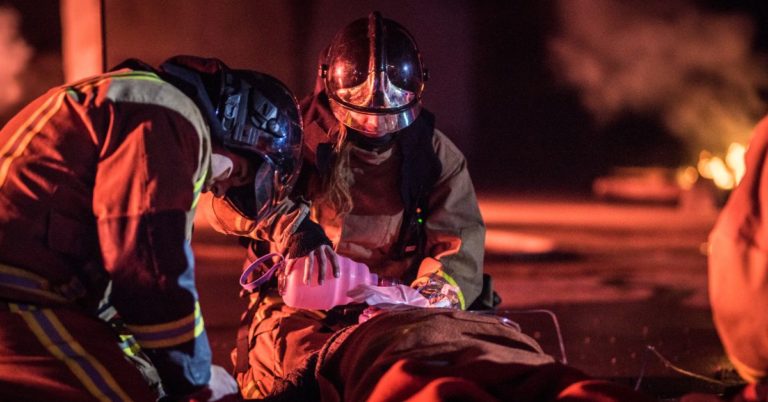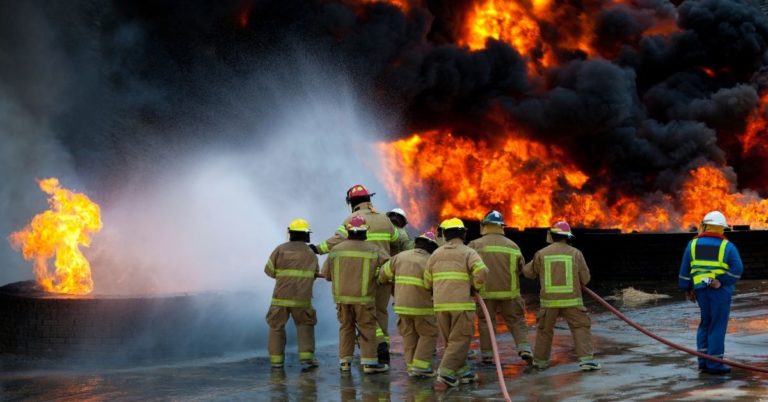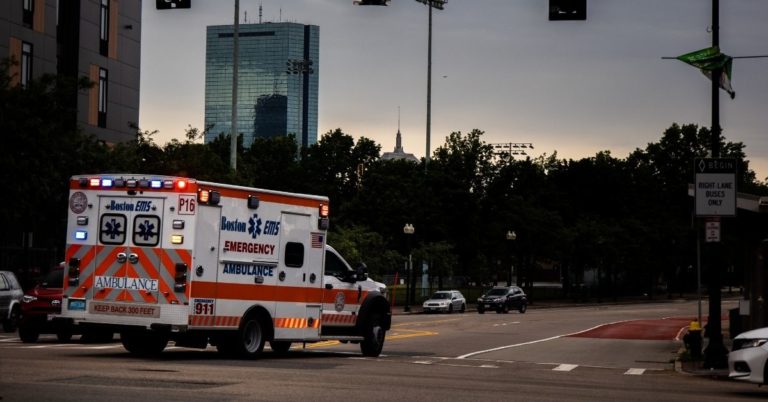For nearly a year, life and society have been disrupted by the ongoing Covid-19 pandemic crisis in America. For months, the virus has killed countless Americans, including the first responders who put themselves on the line to serve the safety of their communities.
From the onset of the pandemic, we have been told by government and medical experts that the implementation of vaccines would be the key to moving on and getting back to normal. Yet now that vaccines are coming available, first responders are among the many Americans who are reluctant or outright uninterested in receiving one.
According to the New York Post, internal polling of the counties largest fire department, the FDNY, reveals that nearly half say they will not take a vaccine once one is made available to them.
“About 55 percent of 2,053 smoke-eaters polled in the last three days by their union, the Uniformed Firefighters Association, answered “No” when asked, “Will you get the COVID-19 Vaccine from Pfizer when the Department makes it available?,” UFA president Andy Ansbro told The Post.”
But according to the US Fire Administration, Covid-19 has been the leading cause of line-of-duty-deaths for firefighters in the US this year.
Uniformed Firefighters Association President, Andy Ansboro, also noted that about 2% of the New York City force was infected with the virus as of December 7th, according to ABC 7 New York.
However, despite the strain the virus has put on operations for departments across the country, the vaccine will not be made mandatory, he says.
“It’s their choice. We are looking to have this off-duty and not in the firehouse, we don’t want to contaminate our members in the firehouses.”
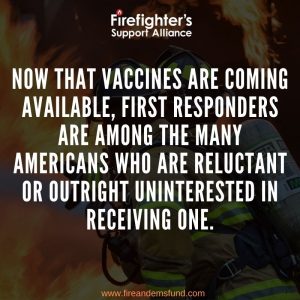
The fear that first responders will largely avoid taking a vaccine is not limited to New York City.
In Memphis, TN, Fire Association President Thomas Malone told Fox 13 Memphis that crews have not taken advantage of free pool testing provided to them, a signal that there will not be great interest in a vaccine.
Malone fears that avoiding the vaccine will lead to the continued threat of responders getting infected in the field and spreading the virus leading to further disruptions and endangerment of crews.
“They expose the whole shift and they expose the whole shift that comes in the next day when they are swapping to get off.”
The threat of high transmissibility between frontline workers is one of the primary reasons noted by the National Academies of Sciences, Engineering, and Medicine for distributing the vaccine to them first, in recently published guidelines for vaccine distribution.
“That first-in-line group, which represents 5% of the United States population, is critically important for keeping the health system running, but also faces high risk of getting and transmitting the new virus,” noted FireRescue1 in their summary of the publication.
Safeguarding the public health and safety is also a primary concern amongst officials lobbying for fire and other emergency services to receive the first round of vaccination.
Rich MacKinnon, the President of the Professional Fire Fighters of Massachusetts, for example, told NBC Boston that “It’s very important to get our firefighters across the state vaccinated, not only for the firefighters and their safety and the safety of their families, but for the safety of the public.”
Ultimately, the argument for putting frontline workers to the front of the line for vaccines for the public good and maintaining the right of workers not to receive one is a delicate balance, and one that is understood by Firefighters & EMS Fund Board Member, Ryan Majcen.
“We have a duty to promote good health in the communities that we serve in and lead by example not follow. This means wearing the proper PPE, following guidelines, and doing everything to help the public. When it comes to our own safety many people may refuse the vaccine truly because they’d like long term studies done on it. Also many first responders feel that people with compromised health issues and the elderly should get it first, as many first responders are young and in healthy shape.”
Image Credit: Photo by Daniel Schludi on Unsplash

